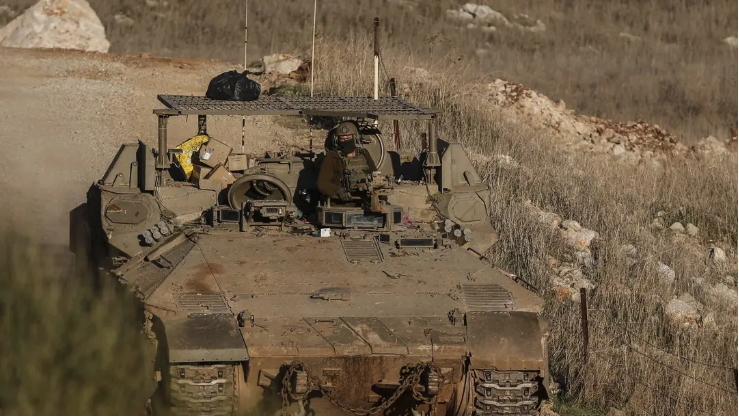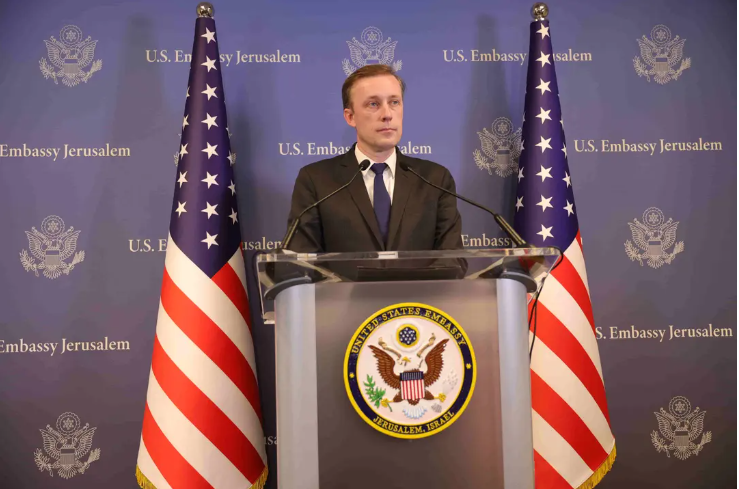Gaza Cease-fire Talks Resume in Doha
Gaza cease-fire negotiations resumed on Thursday in Doha, though Hamas has said it will not directly attend the talks. Qatar told the US that Hamas' views will be represented and mediators will consult the group on the talks' proceedings....
Facts
- Gaza cease-fire negotiations resumed on Thursday in Doha, though Hamas has said it will not directly attend the talks. Qatar told the US that Hamas' views will be represented and mediators will consult the group on the talks' proceedings.[1]
- Israeli officials have said the talks in Qatar are 'the last chance' to reach a deal, as the region anticipates a response from Iran and Hezbollah over the killings of a senior Hezbollah commander in Beirut and Hamas' political leader in Tehran.[2][3]
- White House National Security Council spokesperson John Kirby said on Thursday that Hamas' participation in the talks will be similar to previous rounds. He added that Israel has achieved most of its war goals, but because Hamas also exists as an ideology, the US would pledge to help prevent further attacks against Israel.[4]
- Hamas has accused Israel of making additional demands, with an official telling The Associated Press that the group is only interested in discussing the proposal laid out by US Pres. Joe Biden in May, without further negotiations over its content.[5]
- On Wednesday, US envoy Amos Hochstein said — after meeting with Lebanese officials in Beirut — that an all-out war between Israel and Hezbollah was avoidable, but a deal between Israel and Hamas would be crucial in easing tensions.[6]
- Gaza's health ministry announced on Thursday that the war has killed over 40K Palestinians, most of whom it says were women and children, and injured over 90K. Israel said last month that it has killed over 17K combatants.[7]
Sources: [1]NBC, [2]Axios (a), [3]Axios (b), [4]Timesofisrael, [5]Associated Press, [6]Reuters and [7]CNN.
Narratives
- Pro-establishment narrative, as provided by Politico. The US and its allies are confident that, after some tough negotiating, a deal between Israel and Hamas can be reached. A guaranteed end to the war will ensure increased humanitarian aid to the besieged enclave, the release of Israeli hostages, and create a better 'day after' in Gaza without Hamas in power. The US will continue to work towards closing the gaps and ensuring that peace and stability can be restored to the region.
- Pro-Israel narrative, as provided by Jerusalem Post. Though Israel will do what it must to free those taken hostage in Gaza, it cannot rush into a deal that creates a lifeline for Hamas. Israel faces an entire network of Iranian-backed terror, and must act wisely to gain as much as it can in negotiations with Hamas while avoiding full-scale regional escalation. Israel may have to make some tough, but necessary, concessions to ensure the release of the hostages and prevent further instability.
- Pro-Palestine narrative, as provided by Middle East Eye. There is no indication that a cease-fire is on the horizon. Netanyahu has consistently sought to escalate the situation and prolong his political career. Israel's killing of Ismail Haniyeh was clearly a move intended to further complicate cease-fire negotiations and provoke an Iranian retaliation. The US has supported Israel every step of the way, including in its genocidal campaign in Gaza.







